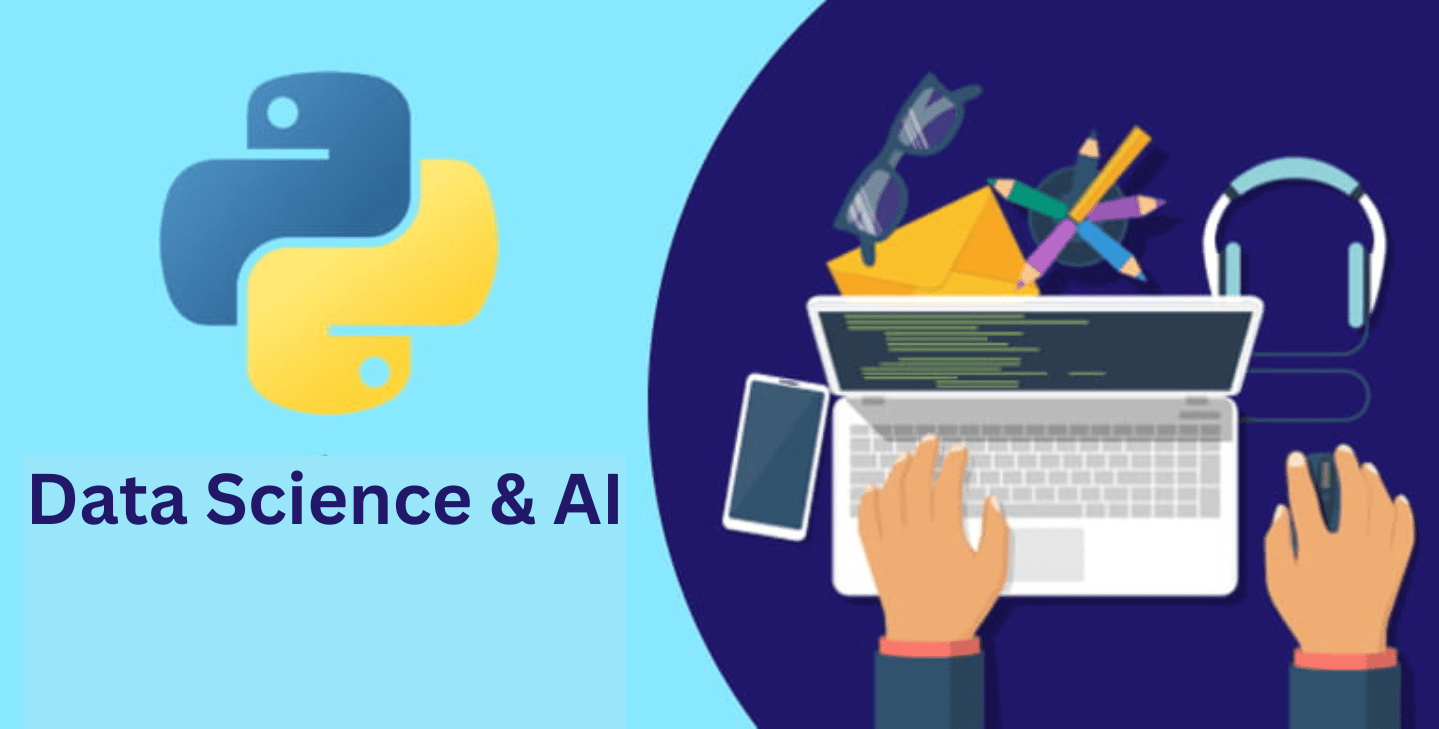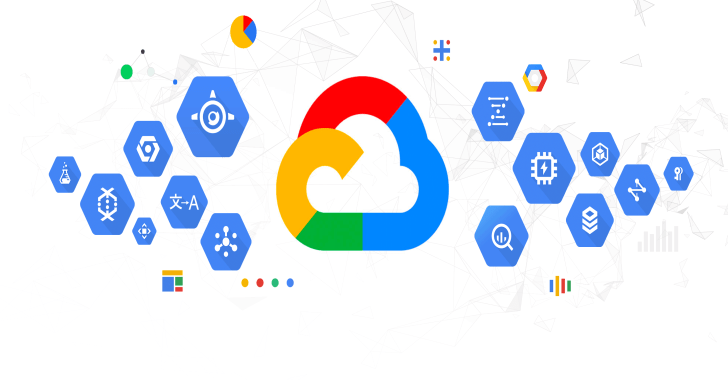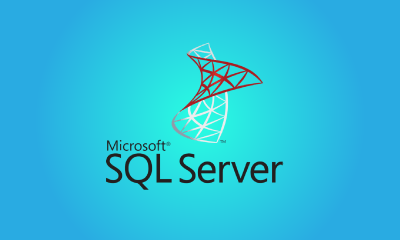Data Science & AI
52% salary Hike
83% Happy with Outcome
1200+ Learners Have Trusted Us

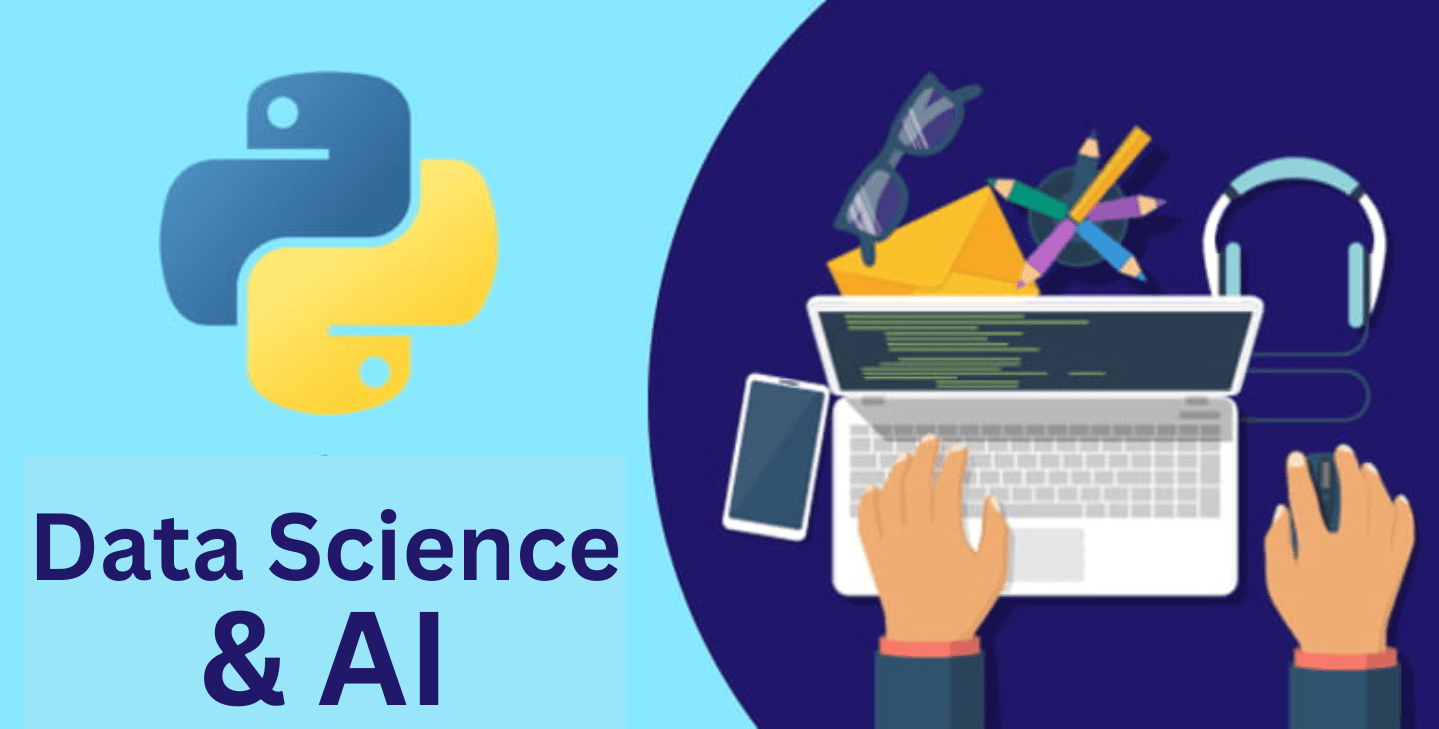
5 Rating ⭐⭐⭐⭐⭐
Data science with Python is a popular and powerful combination for analyzing, visualizing, and interpreting complex data.
Data Science with AI Training Courses
The Data Science with Python course provides a comprehensive overview of Python’s tools and techniques for data analytics. Learning Python is a vital skill for numerous data science roles, and you can cultivate it through this course.
Course Content
- Python Introduction
- Installation
- First command
- Variables
- Types of variables
- Built in function
- List
- Dictionary
- Tuple
- Accessing list items
- Accessing list slices
- Accessing items and
- slices with negative index
- Accessing characters and slices in strings
- Accessing items in dictionaries
- Creating own function
- Print vs return
- Introduction to conditionals
- If condition
- Isinstance
- Elif conditionals
- White space.
- User Input
- String Formatting
- String Formatting with Multiple Variables
- For Loops
- While Loops
- While With Break And Continue
- Simple List Comprehension
- List Comprehension With If Conditions
- List Comprehension With If-Else Conditions
- Functions With Multiple ArgumentsDefault & Non-Default Parameter and
- Keyword and Non-Keyword Arguments
- Functions With an Arbitary Number Of Non-Keyword
- File Processing
- Reading Text From a File
- File Cursor
- Closing File
- Opening Files Using With
- Diffetrent FilePath
- Writing A text To File
- Appending Text To File
- Appending Text To an Existing File
Class And Object - Inheritance
- Numpy Introduction
- Numpy Array
- Numpy Selection & Indexing
- Numpy Operations
- Pandas Introduction
Series - Dataframes
- Dataframes Join, Merge, Concatenation
- Dataframes Indexing
- Dataframes Multi-index & index Hierarchy
- Dataframes GroupBy
Dataframes Data - Input & Output
- Regresssion
- Linear-Regression
- Logistic-Regression
- K-Nearest-Neighbors
- Decision-Trees-and-Random-Forests
- Support-Vector-Machines
- K-Means-Clustering
- Principal-Component-Analysis
- Recommender-Systems
- Natural-Language-Processing
- Deep Learning
- Neural Networks
TOP Companies hiring Data Science with AI




Previous
Next
Data Science with AI Course Overview
The Data Science with Python course empowers you to excel in Python programming. In this course, you’ll delve into data science, data analysis, data visualization, data wrangling, feature engineering, and statistics. Upon finishing the course, you’ll excel in using essential data science tools with Python.
Data Science with Python Training Key Features
- 68 hours of blended learning
- 40+ Assisted practices and lesson-wise knowledge checks
- Dedicated live sessions by faculty of industry experts
- Curriculum aligned with PL-300: Microsoft Power BI Data Analyst certification
- Lifetime access to self-paced learning content
- Industry-recognized course completion certificate
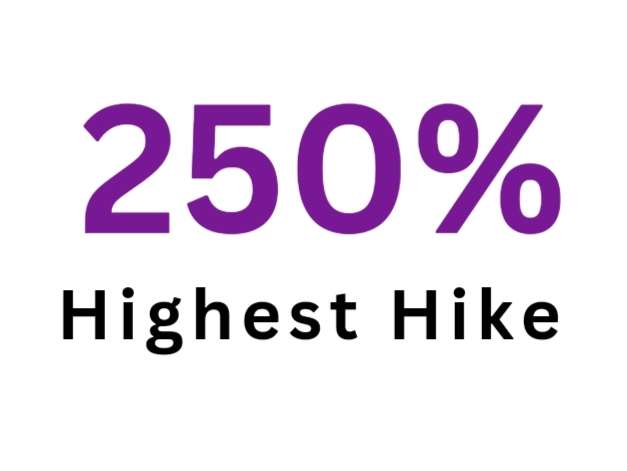

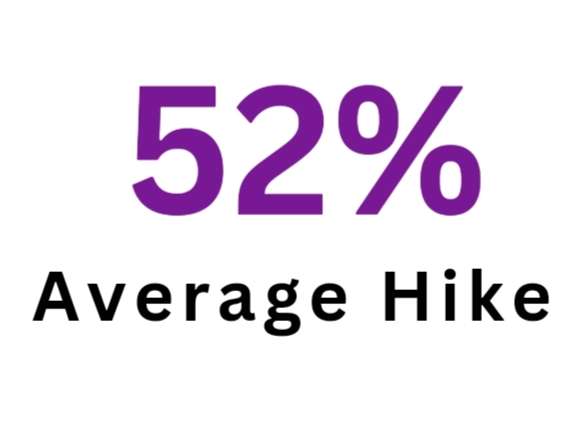

Previous
Next
Skills Covered
- Data wrangling
- Web scraping
- ScikitLearn package for Natural Language Processing
- Hypothesis building
- Python programming concepts
- Data exploration
- Data Visualization
- NumPy and SciPy package
Google Reviews



Explore Training Program
In Group
- Learners can share insights, ask questions, and engage in discussions, fostering a collaborative learning atmosphere.
- Courses are typically designed with a set curriculum that aims to meet the learning objectives of the group as a whole.
- Training sessions are scheduled at predetermined times, which can help learners maintain a consistent learning routine.
One on One
- The trainer focuses solely on one student, allowing for immediate feedback, personalized guidance, and a learning pace that suits the individual.
- One-on-one training often comes with the flexibility to schedule sessions at times that are most convenient for the learner, accommodating their personal and professional commitments.
Weekend Batch
- Classes are usually held on weekends, making it convenient for those who are busy during the weekdays.
- Since the classes are on weekends, the training sessions might be longer than typical weekday classes, aiming to cover the syllabus efficiently over a shorter period.


